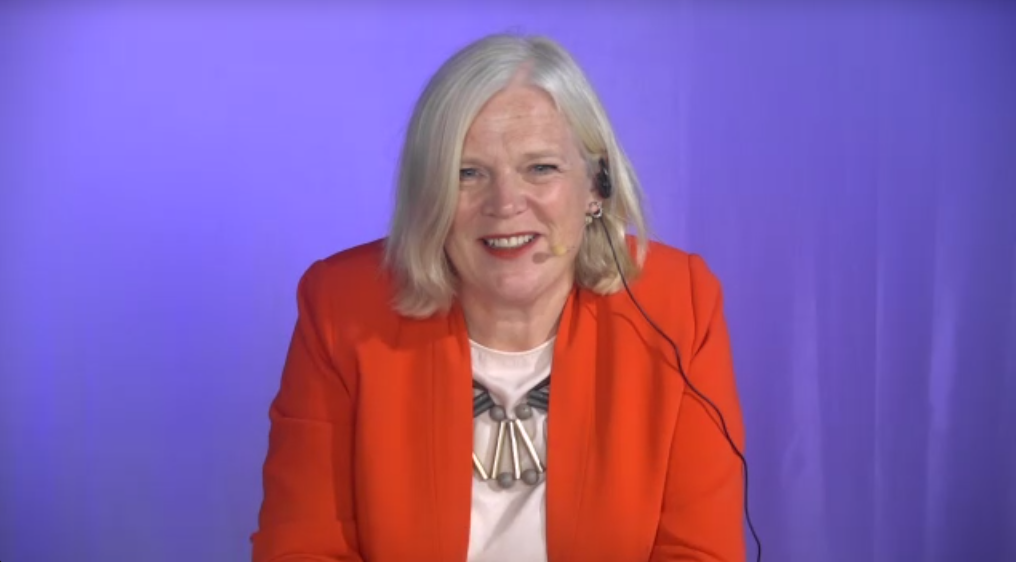Han Xiao Zhang, Australian Embassy, Indonesia
If you could spend five minutes with anyone from the international education sector, who would it be and what would you ask them? Introducing The PIE’s latest series, Five Minutes With… where we speak to leaders from across the sector and ask them all the big questions.
Han Xiao Zhang works to strengthen Australia-Indonesia education ties, which he believes is one of the most significant aspects of the countries’ bilateral relationship. Since taking up the post of Education and Research counsellor in Jakarta in late 2021, he has been advising Australian universities and supporting their engagement with Indonesia, including to establish stand-alone campuses. He has hosted high-level visits to Indonesia, spoken at policy forums across the country and met with the president of the Republic of Indonesia, as well as the minister of education culture research and technology, to advance education cooperation between the two countries.
Tell me about a defining moment in your career?
Without a doubt, my posting to Indonesia to work in the Australian Embassy is the most remarkable and life-changing journey that I have embarked on. To move away from Australia to a new country, I was thrilled and motivated by the opportunity.
I knew the decision to come to Jakarta would be a defining moment and have a significant effect on my career and life’s trajectory. I have learnt so much in that time and I have been exposed to some amazing opportunities.
Inevitably, there were some bumps in the road, but these are growth opportunities. I recognise that to be effective in my job, I needed to be resilient and embrace adversity. I needed to be flexible, be able to quickly recalibrate but also be patient. I needed to prioritise relationships with Indonesian and Australian stakeholders, from government, universities and industry.
What makes you get up in the morning?
The morning sun. Nothing better than getting the glorious morning rays to properly wake you up, even if it’s through the heavy Jakarta smog. It also helps that I have a wonderful job to go to.
If you had a magic wand, what would you change?
Poverty alleviation and universal access to education. Both prevalent issues in Indonesia.
Biggest challenge to your profession?
The increasingly contested geopolitical and geostrategic environment that we operate in, and its impact on international education, particularly with regards to student and academic mobility, research collaboration and institutional autonomy.
Nevertheless, it also presents the biggest opportunity as international education can be an effective foreign policy tool. Governments should consider how best to leverage international education in the context of evolving international relations.
Champion/cheerleader which we should all follow and why?
Malcolm Turnbull – former prime minister of Australia. I always found Malcolm to be articulate, well-thought out, considered, composed and balanced – leadership traits that I wish to emulate.
The post Han Xiao Zhang, Australian Embassy, Indonesia appeared first on The PIE News.







